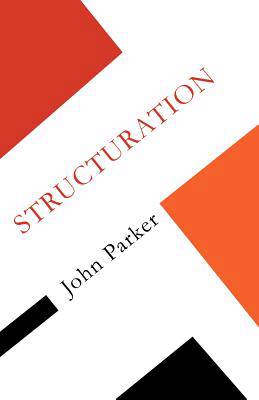
- Afhalen na 1 uur in een winkel met voorraad
- Gratis thuislevering in België vanaf € 30
- Ruim aanbod met 7 miljoen producten
- Afhalen na 1 uur in een winkel met voorraad
- Gratis thuislevering in België vanaf € 30
- Ruim aanbod met 7 miljoen producten
Zoeken
Omschrijving
Focuses on the central problem of social theory. This work discusses the debate over structure and agency in a historical and theoretical context and combines this with an exposition of the major contributors to the debate: Bourdieu, Giddens, Archer, and Mouzelis.
Specificaties
Betrokkenen
- Auteur(s):
- Uitgeverij:
Inhoud
- Aantal bladzijden:
- 128
Eigenschappen
- Productcode (EAN):
- 9780335203949
- Verschijningsdatum:
- 16/12/2000
- Uitvoering:
- Paperback
- Afmetingen:
- 217 mm x 153 mm
- Gewicht:
- 220 g

Alleen bij Standaard Boekhandel
+ 75 punten op je klantenkaart van Standaard Boekhandel
Beoordelingen
We publiceren alleen reviews die voldoen aan de voorwaarden voor reviews. Bekijk onze voorwaarden voor reviews.








